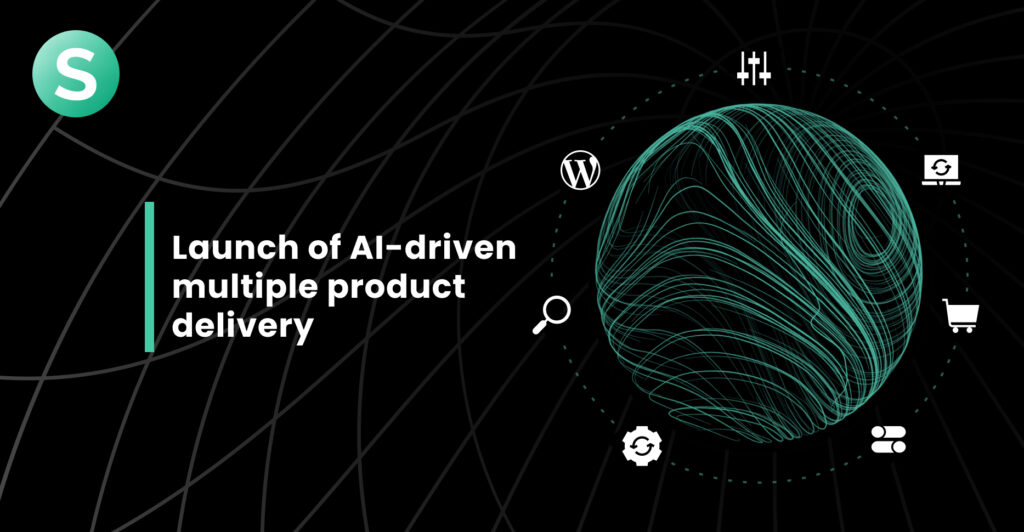Artificial Intelligence (AI) is here to stay. It has been around in prominent ways for a while now. Whether it’s Google’s BERT powering its Search Engine or Apple’s in-device machine learning models optimizing for performance and security, AI is something that was never at the forefront of the mainstream public’s mind. That changed when OpenAI put a face to it through ChatGPT and released something that instantly garnered meaningful pop culture attention. We’re not surprised.
Over the last four years, we’ve invested in working with several AI companies and developing our own AI solutions through a number of research and development projects, particularly in the realm of machine learning and natural language processing. Our development team is comprised of machine learning engineers who have academic experience in this field and possess an entrepreneurial perspective of recent developments.
Believe it or not, AI has been around for almost a century. The term ‘AI’ was first introduced in 1956 during the Dartmouth Conference, commonly referred to as “the birthplace of AI,” organized by the famous American computer scientist John McCarthy. These early efforts were mostly directed towards reasoning systems and symbolic approaches (e.g. rules, predicates, and symbolic logic). During the 1970s and 1980s, Knowledge-Based Systems and Expert Systems started gaining prominence and were applied to fields such as medicine and finance.
An artificial neural network (ANN) is a computational model that mimics the structure and functioning of biological neural networks that constitute human brains. The first successful ANN models were created during the 1980s and 1990s. Even so, Support Vector Machines and Decision Trees dominated this era but lacked enough training data to generalize on larger-scale tasks. It is commonly believed within the community that this resulted in what is called the “AI Winter” in the 1980s and 1990s during which funding and interest in AI sunk to an all-time low. This started to change in the 2010s.
With the volume of data generated globally starting to grow exponentially, neural networks also started growing in size and capacity to fit these datasets. This has led to AI exhibiting human-like capabilities, particularly with the invention of Transformer Neural Networks. Today, GPT-4 has approximately 1 trillion neurons, which is roughly 12 times the size of a human brain (80 billion neurons).
What OpenAI has done for the field of AI is prove that it can actually perform on a human level, fulfilling specific tasks such as natural language understanding and generation. This generated a huge mainstream buzz that reverberated across organisations globally. In the near future, we can expect a democratization of sorts of Large Language Models (LLMs) via LLM repositories like Huggingface so that the development of such models can not only be performed by centralized companies but also by universities, enterprises, startups, research institutes, and other stakeholders.
Daniel Stotent from Localsearch said it very well in his article for Marketing Mag: “While it’s clear they won’t be agreeing on an opinion anytime soon, one thing that they – and we – can all agree on is that AI as we know it today (sic) is nothing short of remarkable, with the potential to turn the digital marketing industry on its head in the best possible way.”
For our partners and other large enterprises seeking to navigate this space, you can feel confident that you are partnered with a business that is invested in the future and seeks to continuously improve so that we continue providing value to our customers. Some areas we have already invested in include:
- Content creation
- Customer support
- Data-driven attribution models
- Sentiment analysis for sales and customer support
- Instant digital product delivery
Contact us today to learn how you can benefit from our robust, AI-powered websites and digital marketing solutions for your customer base.
Written by Bertram Croes (Senior Product Manager) and Can Deveci (Natural Language Processing Engineer)




